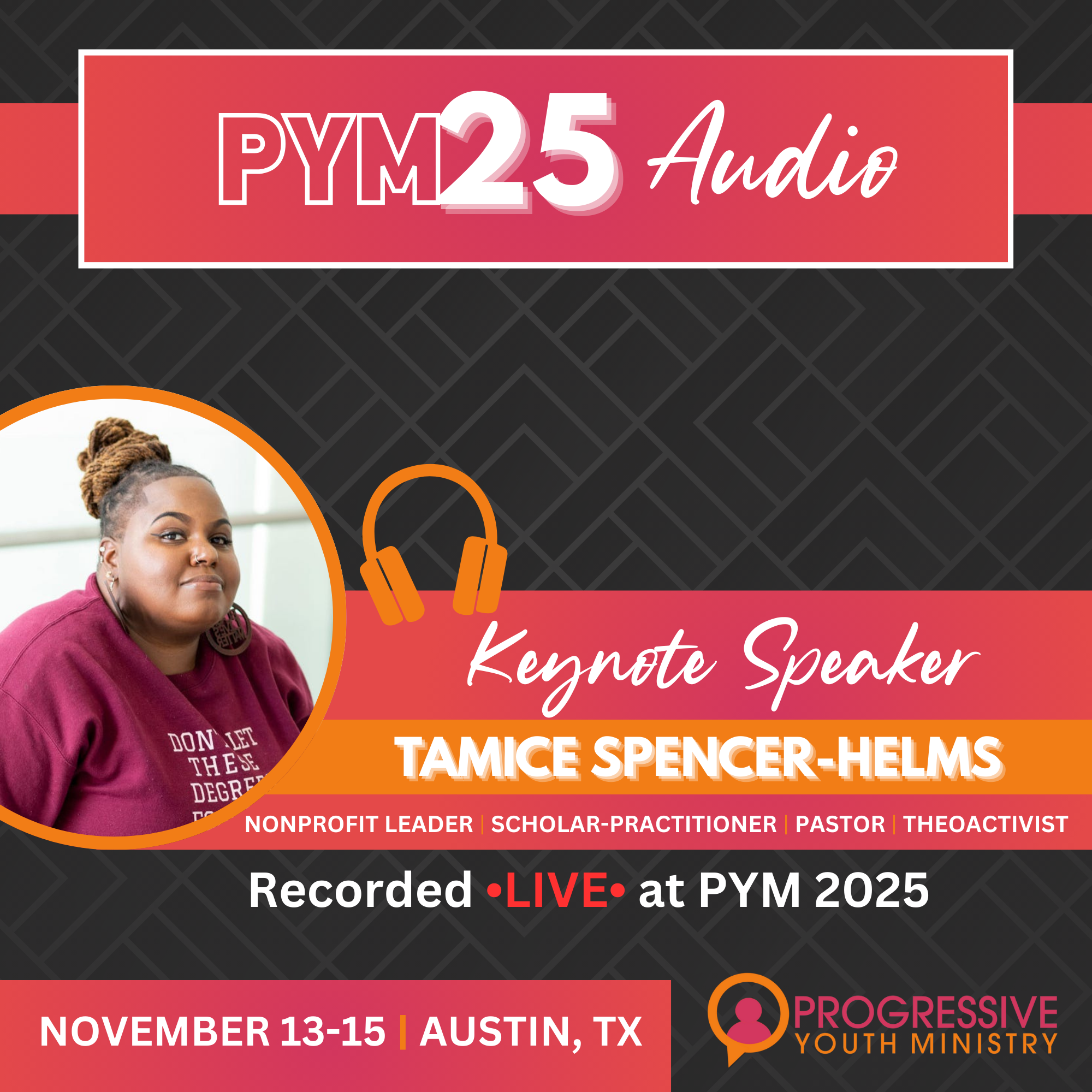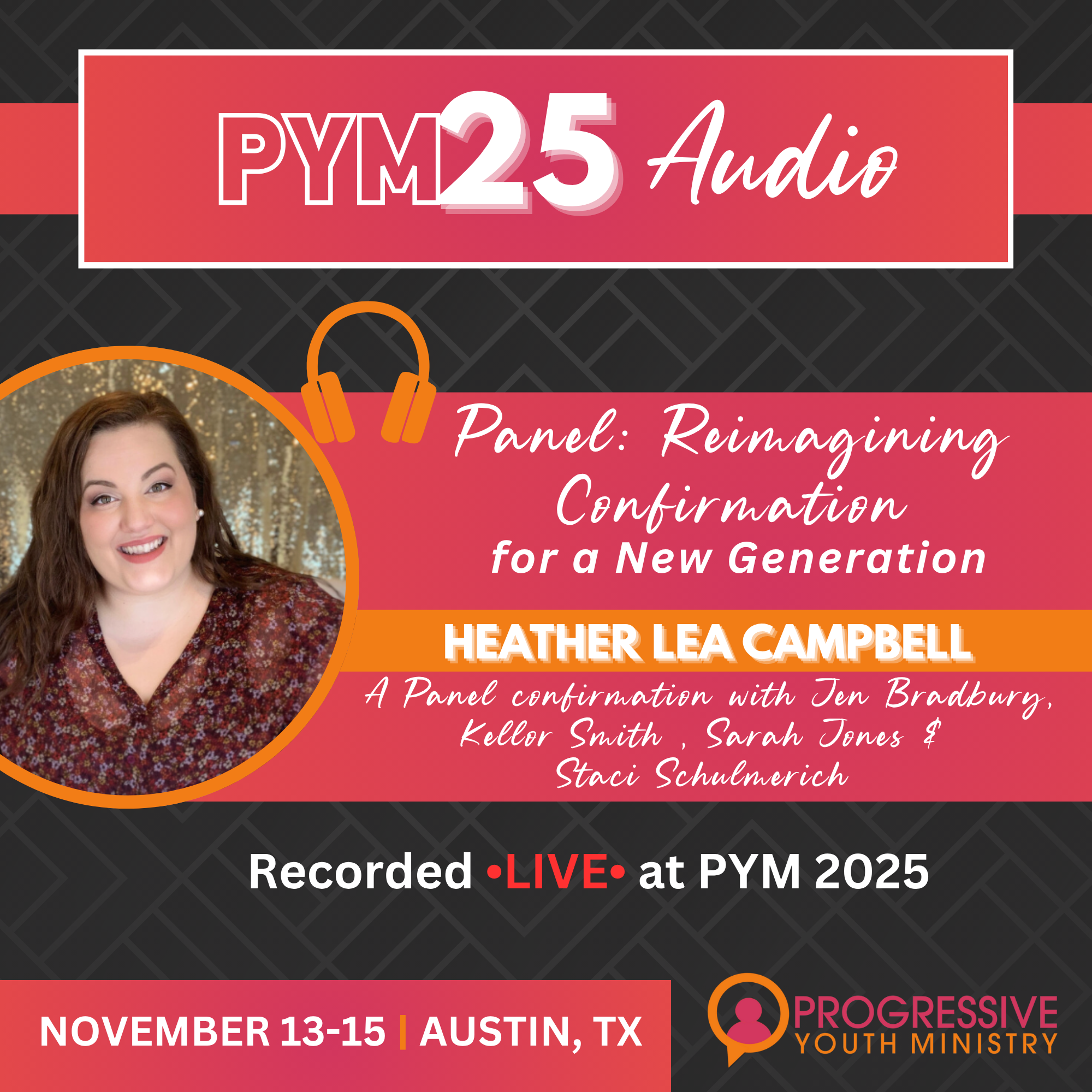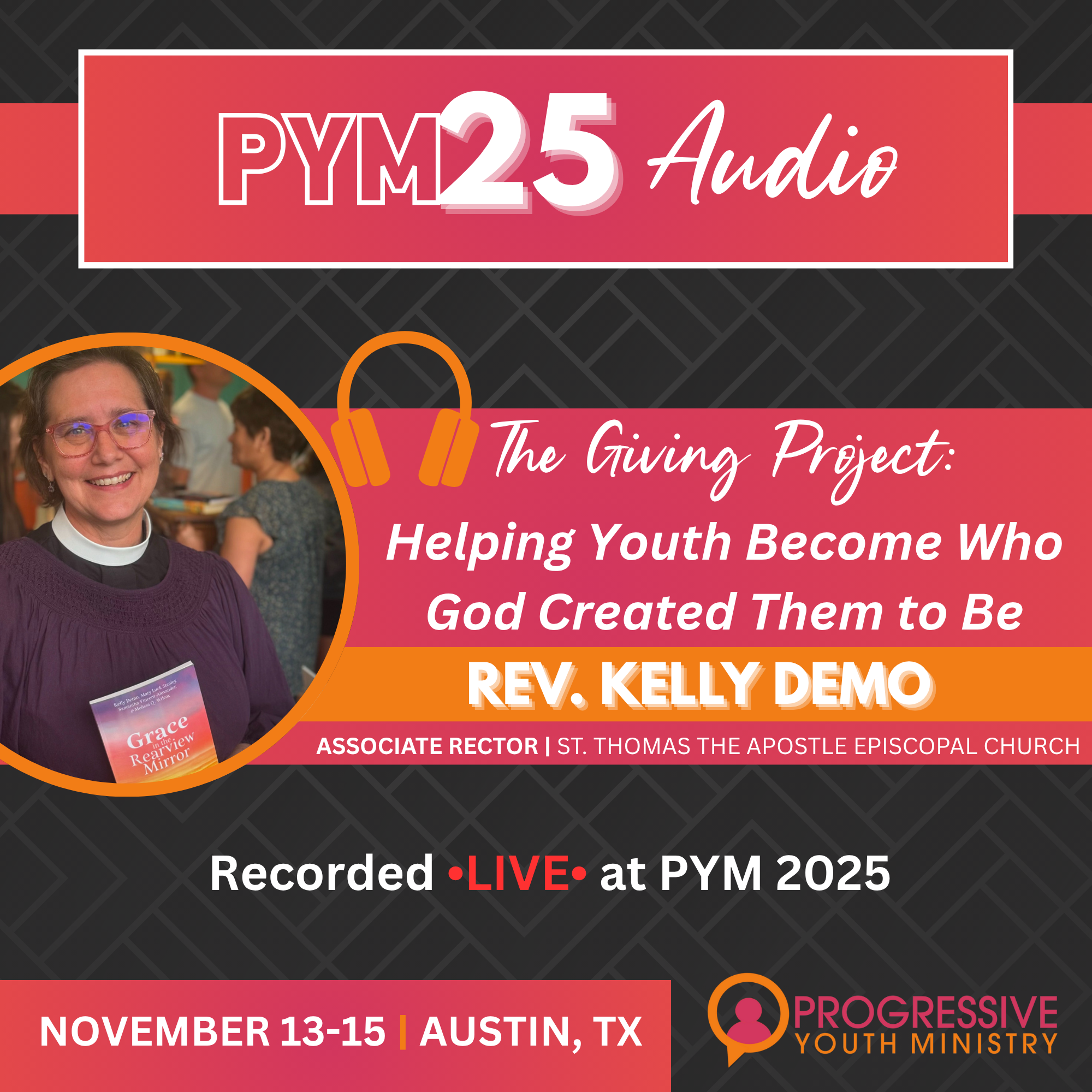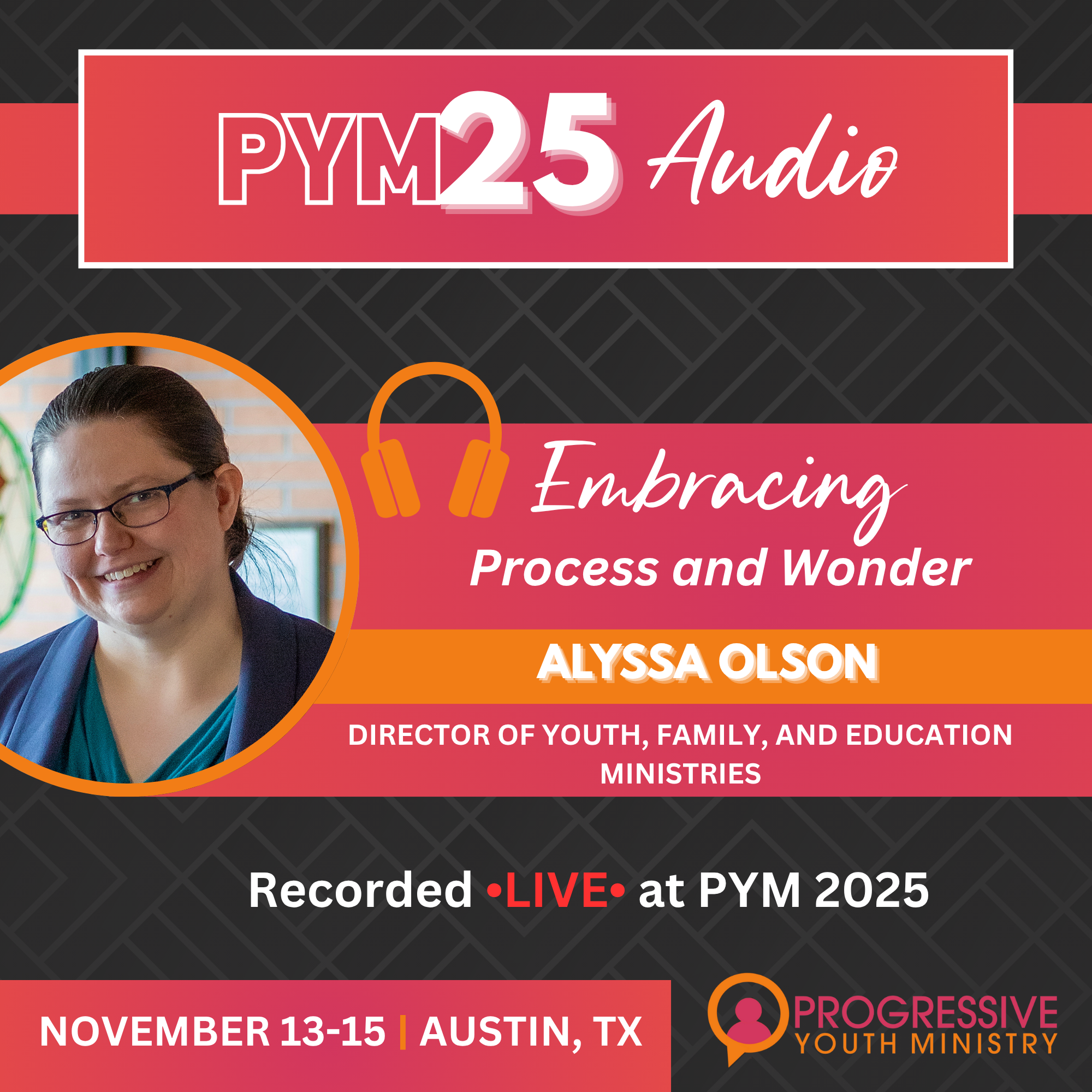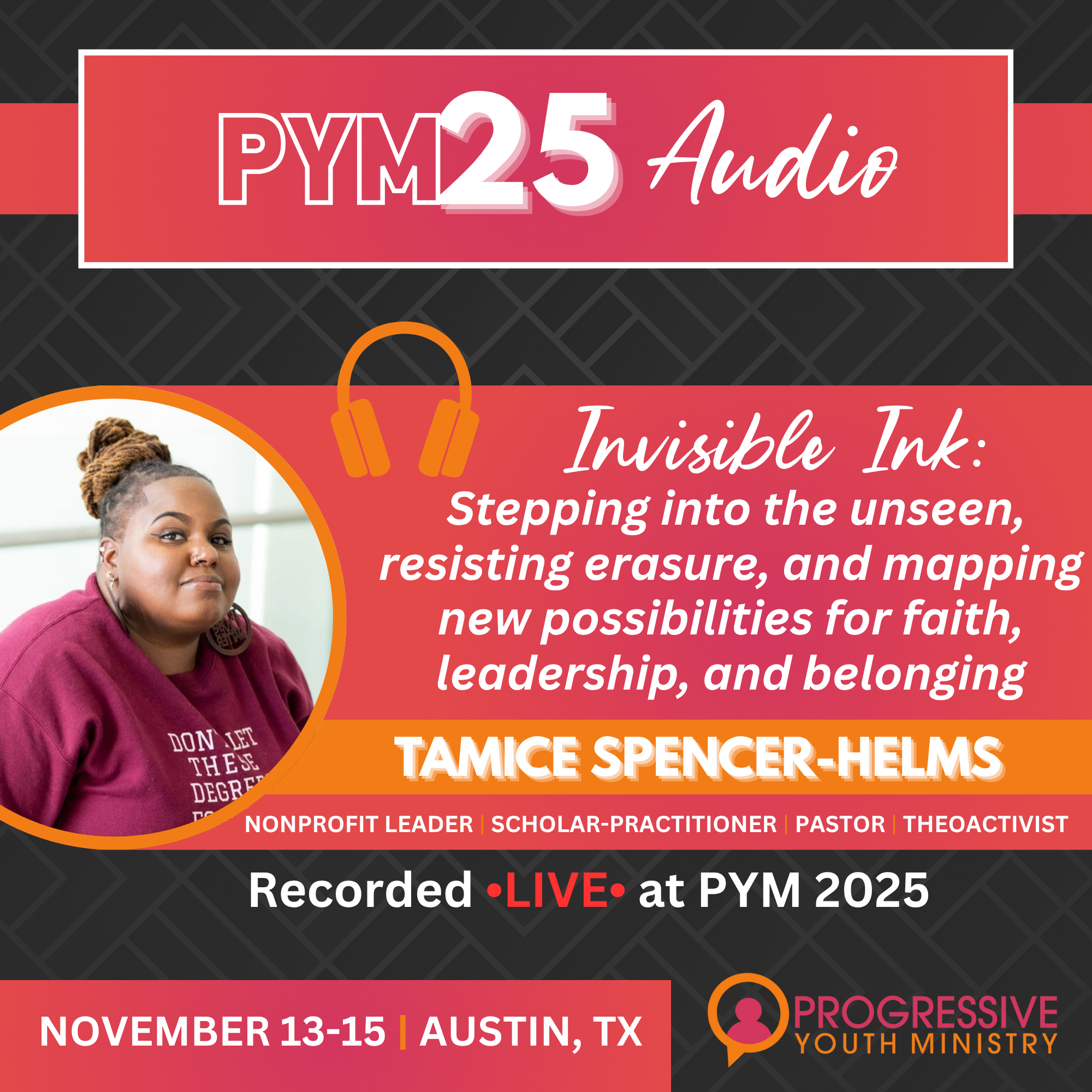 Image 1 of 1
Image 1 of 1


Audio: Invisible Ink: Mapping the Unseen — Stepping into the Unseen, Resisting Erasure, and Mapping New Possibilities for Faith, Leadership, and Belonging (Tamice Spencer-Helms)
In today’s climate, fear and stigma surrounding diagnoses—fueled by political rhetoric and policy threats—have left many families hesitant to name or claim neurodiversity. But regardless of labels or paperwork, your ministry already includes neurodivergent youth. This workshop explores how to lead with compassion, creativity, and care even when the word “neurodivergent” is never spoken. Using the framework of acknowledge, accept, advocate, we’ll explore practices of universal design that create safer, more inclusive spaces for all youth—whether or not their differences are ever named. You’ll leave with practical strategies for reimagining youth group gatherings, special events, and leadership approaches that support diverse ways of thinking, learning, and being—because inclusion isn’t a diagnosis, it’s a commitment.
In today’s climate, fear and stigma surrounding diagnoses—fueled by political rhetoric and policy threats—have left many families hesitant to name or claim neurodiversity. But regardless of labels or paperwork, your ministry already includes neurodivergent youth. This workshop explores how to lead with compassion, creativity, and care even when the word “neurodivergent” is never spoken. Using the framework of acknowledge, accept, advocate, we’ll explore practices of universal design that create safer, more inclusive spaces for all youth—whether or not their differences are ever named. You’ll leave with practical strategies for reimagining youth group gatherings, special events, and leadership approaches that support diverse ways of thinking, learning, and being—because inclusion isn’t a diagnosis, it’s a commitment.


